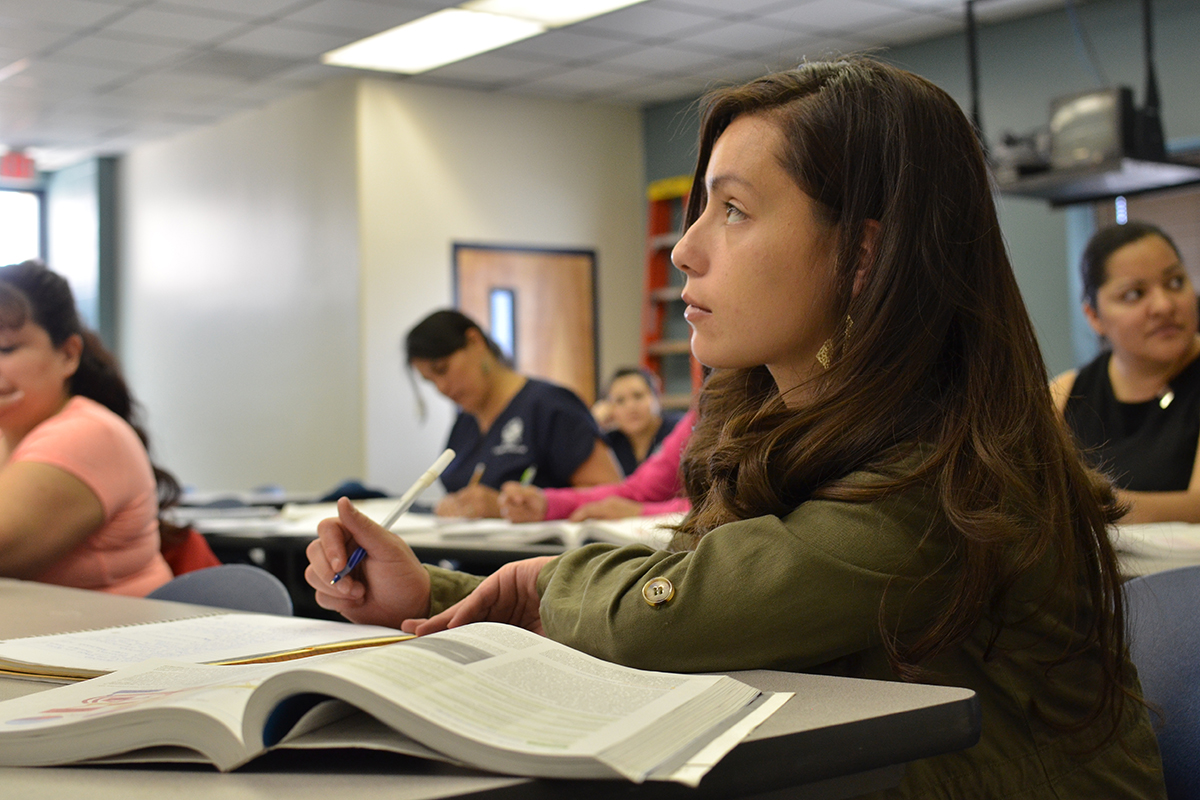How to enroll in a payment plan
You can pay for your education in affordable, interest-free installments using the Payment Plan Option! Enrolling in the Payment Plan is quick and convenient. Only a minimum of 5% down and a $25.00 non-refundable fee are required to enroll.
Payment Plans are available to students starting Monday, May 19, 2025.
PAYMENT DEADLINE: Friday, June 6, 2025.


